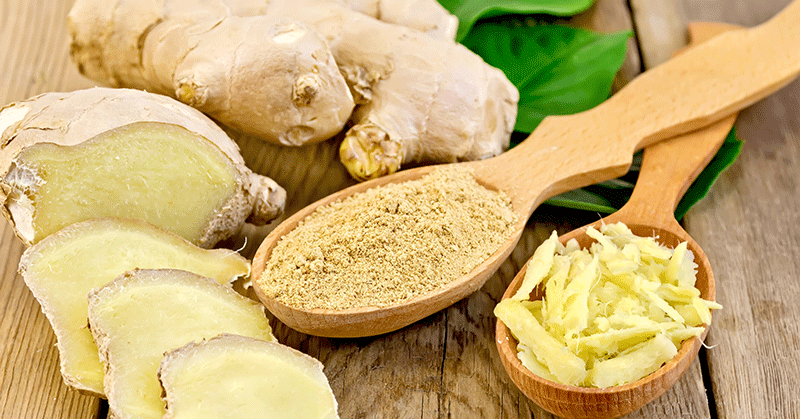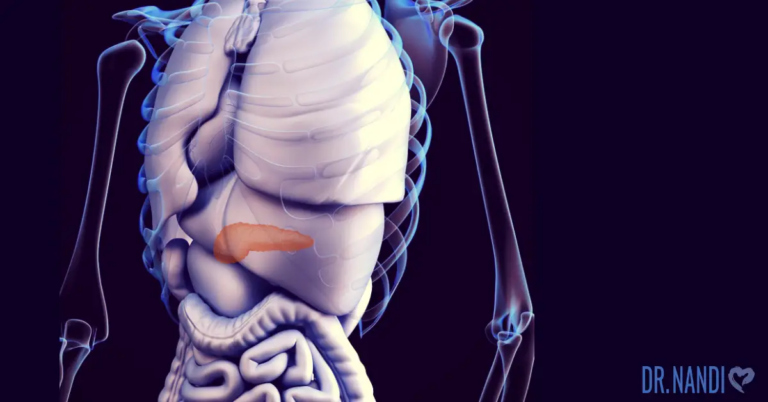Ginger has long been celebrated for its benefits in natural remedies and holistic health. This versatile root has earned its place in many kitchens and medicine cabinets, from soothing upset stomachs to combating colds. However, did you know that ginger’s potential extends even further, offering hope for those grappling with autoimmune diseases and the often debilitating inflammation accompanying them? In this blog post, we’ll delve into the promising realm of ginger supplements and their role in controlling inflammation in autoimmune diseases. Join us as we explore the science behind this ancient remedy and its potential to provide much-needed relief and support to those living with these complex conditions.
What do we know about ginger?
A recent study highlighted the potential benefits of ginger supplements in managing inflammation for individuals with autoimmune diseases. The research specifically focused on the impact of ginger supplementation on neutrophils, a type of white blood cell, and their role in controlling inflammation.
Neutrophil extracellular trap (NET) formation, also known as NETosis, is a process that contributes to inflammation and clotting in autoimmune diseases such as lupus, antiphospholipid syndrome, and rheumatoid arthritis. The study found that ginger consumption by healthy individuals increased the resistance of their neutrophils to NETosis, potentially providing a natural supplement option to treat inflammation and alleviate symptoms for people with various autoimmune diseases.
Senior co-author Kristen Demoruelle, MD, Ph.D., associate professor of medicine at the University of Colorado School of Medicine, stated, “There are a lot of diseases where neutrophils are abnormally overactive. We found that ginger can help to restrain NETosis, which is important because it is a natural supplement that may be helpful to treat inflammation and symptoms for people with several different autoimmune diseases.”
In a clinical trial, researchers discovered that daily intake of a ginger supplement (20 mg of gingerols/day) for seven days increased the levels of a chemical called cAMP inside neutrophils. These elevated cAMP levels inhibited NETosis in response to various disease-relevant stimuli, providing further evidence of ginger’s anti-inflammatory properties.

The Biological Mechanism Behind Ginger’s Anti-Inflammatory Properties
Senior co-author Jason Knight, MD, Ph.D., associate professor in the Division of Rheumatology at the University of Michigan, emphasized the significance of their research, stating, “Our research, for the first time, provides evidence for the biological mechanism that underlies ginger’s apparent anti-inflammatory properties in people.”
Many individuals with inflammatory conditions often inquire about the potential benefits of natural supplements to manage their symptoms. However, the precise impact of these supplements on diseases is often unknown. The researchers hope that by providing more evidence about the benefits of ginger, including its direct effect on neutrophils, healthcare providers and patients can have more informed discussions about incorporating ginger supplements into treatment plans.
Regarding the potential use of ginger supplements, Knight adds, “There are not a lot of natural supplements, or prescription medications for that matter, known to fight overactive neutrophils. We, therefore, think ginger may have a real ability to complement treatment programs that are already underway. The goal is to be more strategic and personalized in helping relieve people’s symptoms.”

My Personal RX on Harnessing Nature’s Gifts like Turmeric and Ginger for Autoimmune Conditions
Fighting autoimmune conditions naturally is not just a possibility; it’s a reality. As a doctor, I’m delighted to share some valuable tips to support your journey towards managing autoimmune conditions through nature’s gifts:
- Embrace Anti-Inflammatory Foods: Turmeric and ginger are powerful anti-inflammatory agents. Incorporate them into your meals or consider Complete Turmeric Matrix supplements for added support.
- Holistic Healing: Explore my 50-page Protocol e-book, a comprehensive guide to holistic health, to gain a deeper understanding of how a balanced lifestyle can benefit autoimmune conditions.
- Mind-Body Connection: Practice stress-reduction techniques like meditation and yoga to manage stress, which can exacerbate autoimmune symptoms.
- Balanced Diet: Maintain a well-balanced diet rich in antioxidants, vitamins, and minerals to support your immune system.
- Stay Active: Engage in regular, gentle physical activity to promote overall health and reduce inflammation.
- Sleep Well: Prioritize quality sleep to allow your body to heal and rejuvenate.
- Consult a Specialist: Reach out to healthcare professionals who specialize in autoimmune conditions for personalized guidance.
- Monitor Symptoms: Keep a journal to track your symptoms, triggers, and progress.
- Community Support: Join support groups or communities to connect with others facing similar challenges.
- Natural Supplements: Explore natural supplements like Complete Turmeric Matrix to complement your diet and aid in symptom management.
By integrating these tips and incorporating products like Complete Turmeric Matrix supplements into your routine, you can take proactive steps towards managing autoimmune conditions naturally.



















